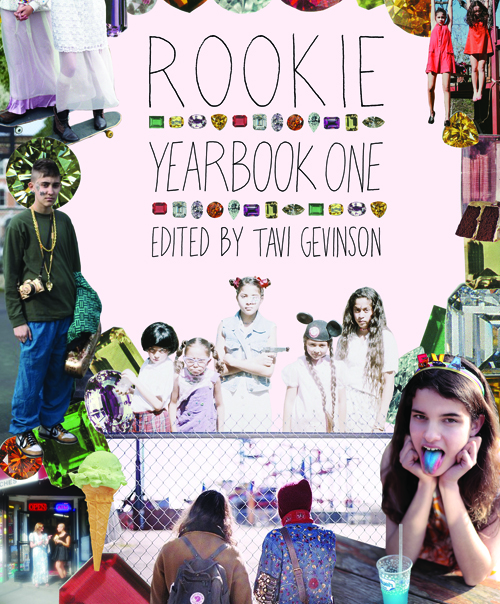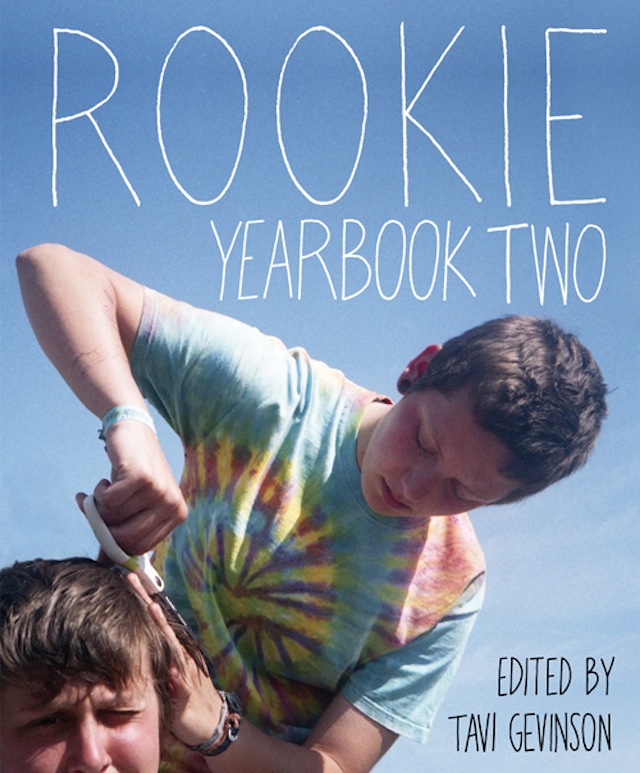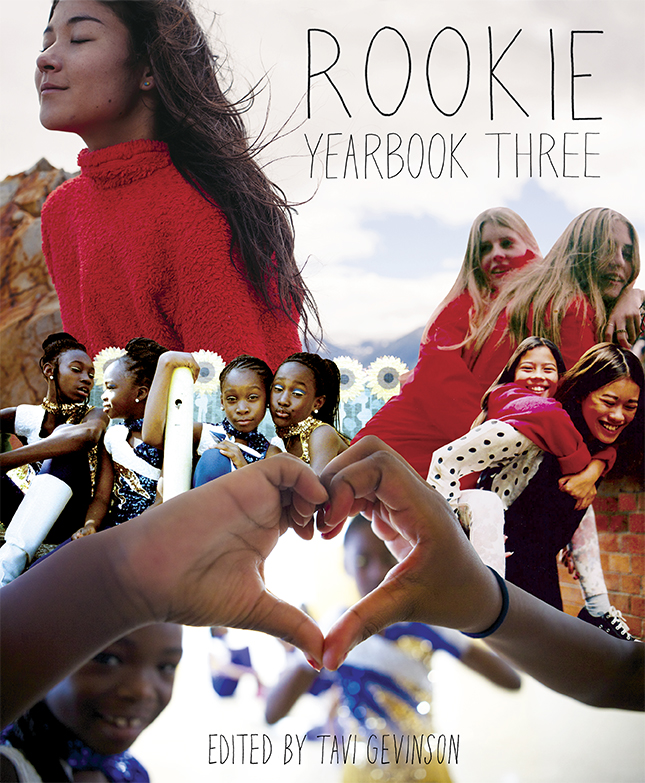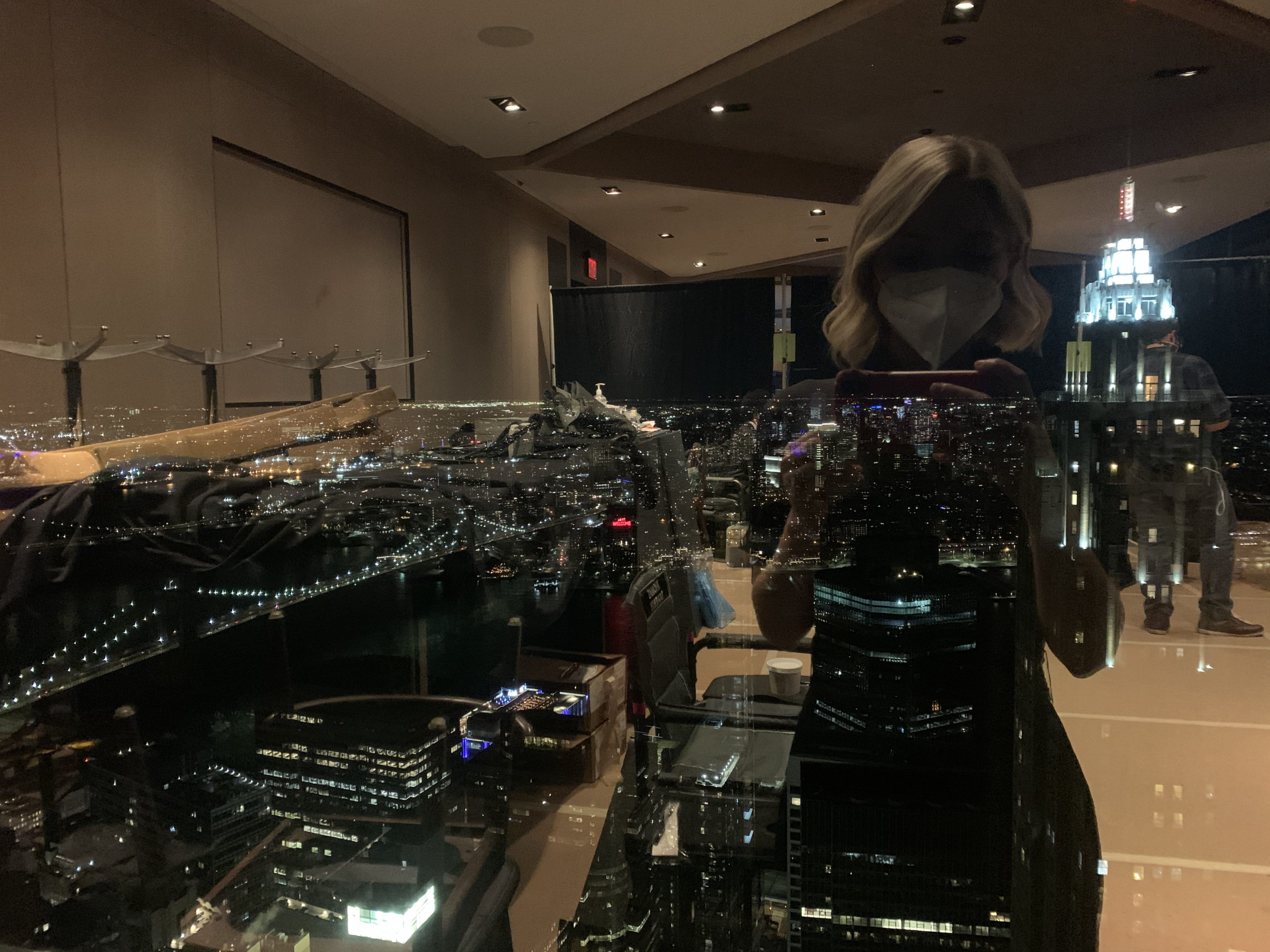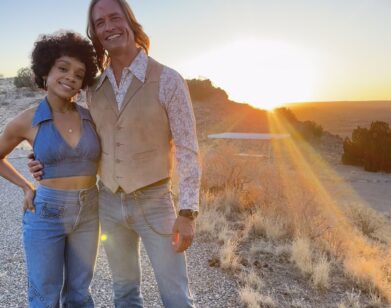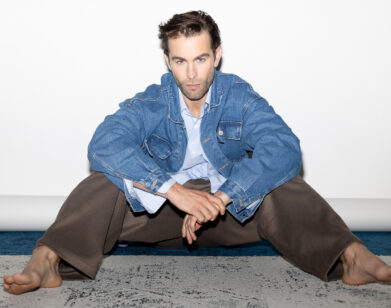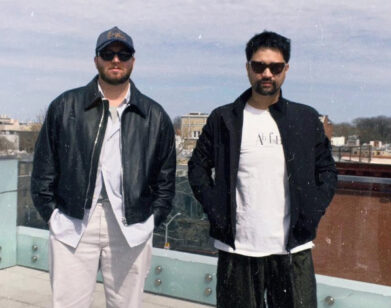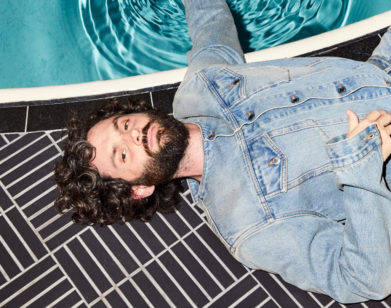q&a
Why We Could All Use a Tavi Gevinson Podcast Right About Now
Tavi Gevinson was 14 when I invited her, in July 2010, to style her first-ever fashion story for BlackBook, a magazine I was editing at the time. She’d arrived from her home in Chicago to our offices in Flatiron with her father, Steve, and the collages she’d put together as inspiration for the shoot. Gevinson was there to assemble the looks that would be worn the following day by a model named Christine Staub, whose mother was a notorious villain on early seasons of The Real Housewives of New Jersey. Lizzie Widdicombe, a New Yorker staff writer, was there, too, watching as Gevinson “arranged the clothes in clashing layers that evoked the swirls of color in gasoline” for a profile she was writing of the then-notoriously young blogger. It was, in short, a circus. But the precocious four-foot-ten prodigy at the center of it all remained unfazed.
It didn’t surprise me, then, when Gevinson announced that fall that she was starting a publication of her own. Rookie, a website that grew out of her fashion blog “Style Rookie,” was a place where teenagers could find beauty tutorials, learn about various types of birth control, read long-form personal essays on friendship and fitting in, and even “Ask a Grown” (familiar purveyors of advice ranged from Beth Ditto to Stephen Colbert). But it was also so much more than a magazine; there were Rookie books and Rookie events and a growing community of kids who found in Rookie a place to belong.
In 2018, seven years after founding Rookie, Gevinson announced that it was closing down. Gevinson has since been focused on her writing and her acting career—following standout performances in Broadway productions such as This is Our Youth, The Crucible, and The Cherry Orchard, she can next be seen in the HBO Max reboot of Gossip Girl—but as the pandemic forced us all inside, and apart from one another, she sensed an opportunity to bring back a bit of the Rookie spirit. The result is “Life Skills by Rookie,” an eight-episode Audible Originals podcast that provides humble, real-world solutions to problems such as how to navigate confrontation, how to end an unhealthy friendship, and how to talk to people when you’re not good at talking to people. At the end of last year, I caught up with Gevinson, who, as it turns out, is actually quite good at talking to people.
———
TAVI GEVINSON: Hi, Nick.
NICK HARAMIS: Hi, Tavi. I’m sorry I’m so late. I couldn’t figure out how to connect.
GEVINSON: The story of my life.
HARAMIS: Where are you?
GEVINSON: Staying put in New York. It feels like not the time to visit my 70-year-old parents. I’m really missing seeing New York at this time of year in its normal lively iteration. That makes me feel a little blue. But, yeah, I’m just going into full hermit mode and trying to appreciate having all of this free time.
HARAMIS: From my perspective, you’ve seemed incredibly productive during the pandemic. Tell me about your decision to make a podcast.
GEVINSON: Audible approached me about doing something, I want to say at the beginning of the year. My producer there, Jessica, was the editor of the Rookie yearbooks at the Razorbill imprint at Penguin Random House. We were talking about the pieces from those books that we really liked, and how comforting it was to hear them read aloud at the Rookie events. I thought it would be nice to do a show of long-form pieces by our writers. And I decided on Life Skills, a column that the writer Krista Burton did for us, because the title captured so many of the other types of advice that people wrote for the site. And I knew that if I just approached these nine writers and asked them what they wanted to talk about, that something good and special would come out of it. So we started talking at the beginning of the year, and then once the shutdowns happened, I felt at first like, “What is life? Everything is meaningless.” But then I felt like I personally needed a show like this. And I thought it would be comforting to lots of people I know and to former Rookie readers. I was just like, “Wow, I really miss going to a reading. I really miss being able to congregate with people.” I also weirdly felt like a teenager who’d been grounded and was in desperate need of connection.
HARAMIS: I consider you a kind of latter-day Miranda July, in that you’re using technology to create real, offline connections. At its height, Rookie created an earnest sense of community, which I’d never seen a media company do before.
GEVINSON: We always used to say at Rookie that we were trying to use the online to get people offline, but not because I’m anti-technology or the internet. I mean, just look at my career and life. But I believe that so many things I look at online, like news publications or Instagram, just want you to keep looking at them and to be searching for some kind of fulfillment by continually refreshing a loop of existential dread. I’m glad that Rookie became a jumping-off point for other fulfilling activities or parts of life. People would form clubs at school based on Rookie or use it to meet a pen pal or to do our DIYs or to do their own work and writing or whatever creative thing they wanted to do. So, yeah, I’m always noticing just how monotonous a lot of things I see online are, which is by design, of course. It’s an echo chamber, et cetera, et cetera. But I’m like, “Wait, Instagram wants me to be boring. It wants me to feel like everything I say is a comment on the world that will match up with everyone else’s experience right now.” And I think that’s the opposite of what makes for, say, good writing, which is specificity and being really tuned into the details of your own experience.
HARAMIS: In a roundabout way, specificity is what made Rookie feel so universal. The details of each person’s story might be different, but everyone can relate to feeling out of place or heartbroken or confused. I wonder if that’s contributed to the sustained interest in Rookie over the years.
GEVINSON: I’ve edited a lot of writers who feel the need to make things universal, or to qualify the specificity of their own experience over and over again. I have felt that need, too, as a writer, but as an editor, especially of this podcast, I’m trying to find a balance. I mean, it is advice after all, so it needs to feel like it could apply to the listener. I like trying to find the practical utility in what someone is saying, and then balancing that with anecdotes or observations that ground a piece in the speaker’s experience. These episodes are about giving the listener frameworks for thinking about something in a new way, or paying attention to something differently, rather than being like, “This is exactly what you should do.” One of them is about how to be creative if you’re scared, which is really about expanding one’s definition of creativity. Another one is about how to live a more fabulous life. All of these things helped me notice that my way of coping with the pandemic was to try to be as productive as possible, to put productivity at the bullseye of my dartboard of priorities. And it was obviously making me feel rotten. A lot of these episodes helped me put other things such as pleasure or joy, or a feeling of wholeness, at the center, rather than just trying to check things off a list.
HARAMIS: It’s funny you should say that. Under the banner of self-help—stuff like meditation and exercise—I’ve started to see value in things primarily through the lens of productivity and regularity, which is probably not that healthy.
GEVINSON: Capitalism cannibalizes everything and turns everything into a job. Instagram, for me, turns everything into the job of showing that I enjoy my life, or that I like my friends, or that I enjoy music. Social media and capitalism turn everything into something that you can either succeed or fail at. And at least capitalism puts everything on the individual. Somehow those things feed into each other—individualism and turning everything into a job and bearing the weight of the world on your shoulders and feeling like you need to perform your own inherent goodness. I’m probably not making a lot of sense, but I think that these are symptoms of the world that we live in. And it bums me out because there are actually some positive things that I’ve gotten out of social media this year, like seeing people talk about creating systems of care and thinking more about one’s life as part of a collective.
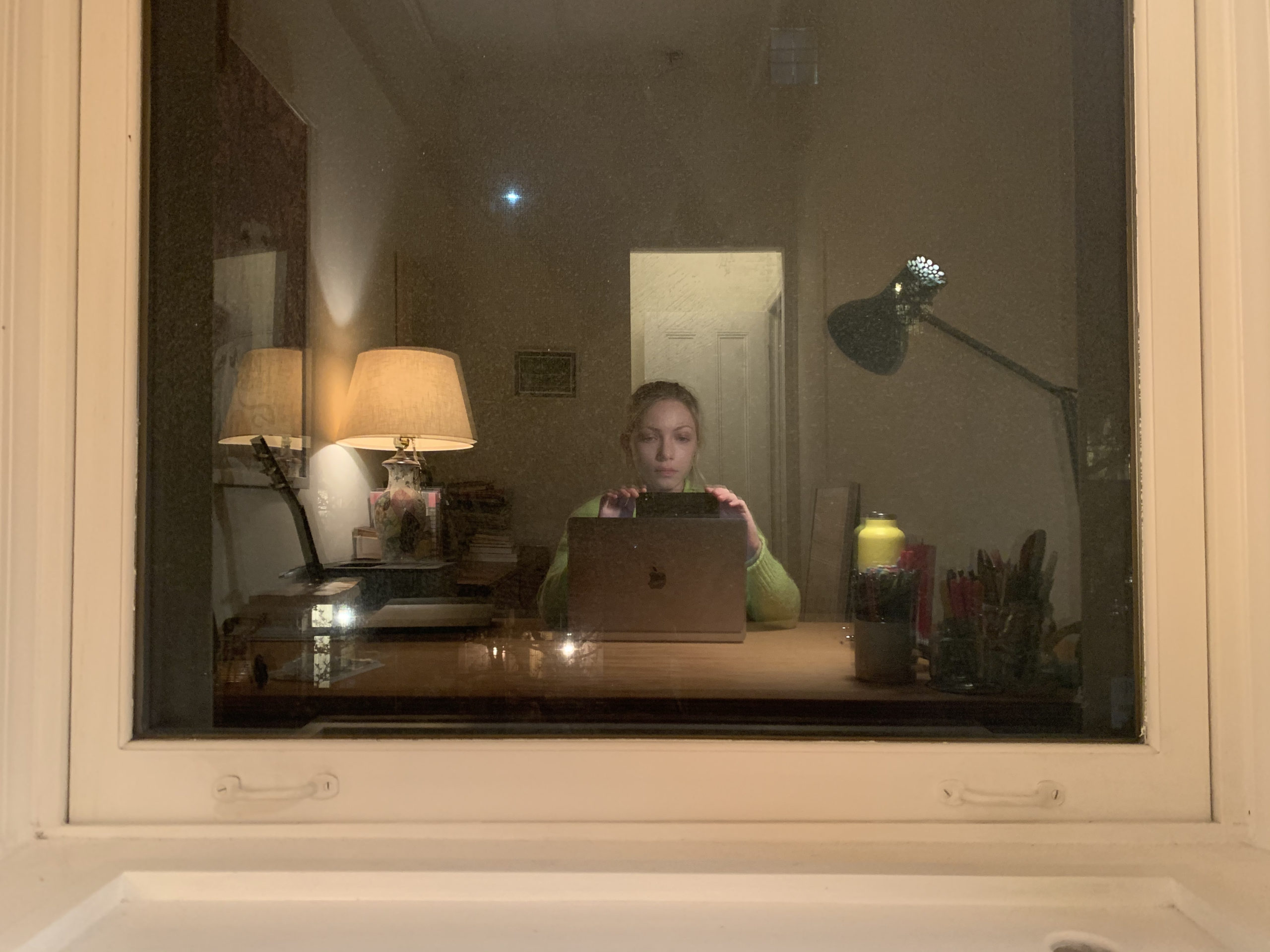
Gevinson, working from home.
HARAMIS: There’s a pervasive transactional quality to being a person in America today, and that gets exacerbated by social media. When you first started your blog at the age of 11, social media was nowhere near as sophisticated or insidious as it is now. It’s an interesting time to be rebooting a show about the advent of social media. What can you tell me about Gossip Girl?
GEVINSON: We wrapped the first two episodes last week, miraculously. I can’t tell you how happy I was to be around people, even if we were masked. I truly didn’t anticipate that making such a difference, but I underestimated how important the social camaraderie aspect of a set is to being able to act and seem like a normal human being. It took some adapting, but about halfway through the shoot, I started to get used to it and feel a little closer to everyone. I’m excited for people to see it because I think that the update is really smart. It’s the same school and the same world, but a new generation of characters. And it’s fun to dip into that world, especially because we’ve been shooting in these locations while New York has been shut down. To be in a museum for the first time in months, even if it’s shut down and you’re simulating the experience of being in a public place for a TV show, was so surreal.
HARAMIS: I know we’ve been talking about how much social media has perverted our ways of thinking about things, but I was looking at your Instagram and someone had brought up the idea of a Rookie TikTok, which I thought was so interesting because, even though I’m too old for TikTok, I can appreciate, from far away, that it’s all about community-building. There’s a panoply of interesting voices being shared on that platform that maybe don’t get heard elsewhere. In that way, it does kind of seem to line up with what you were doing at Rookie.
GEVINSON: Oh my god, you’re really selling me on it. There is no Rookie TikTok yet, except that the writer Rian Phin, who used to do style DIYs for Rookie, tweeted something like, “People on TikTok are rediscovering Rookie.” And there are so many similarities, like you’re saying, with people sharing queer and feminist theory. If you start a publication for young people when you’re 15, and all of a sudden you’re in your 20s, you ask yourself repeatedly, “Do people still need this? Am I just hanging on because it’s my thing?” And even though I believe in the need for longform writing and everything you get out of a publication that you can’t get out of social media, I do think there could have been a place for short videos and stuff like that. I guess what I was picturing is sort of what TikTok is now. In a nice way, it’s like, “Oh yeah, you didn’t need to necessarily facilitate that yourself.” It’s nice knowing that there are always young people creating community for themselves. Also, I just have to say that the fact that I feel ancient when I’m only 24 truly means that patriarchy and capitalism are doing their jobs. Also, if anyone misses Rookie, there are so many zines and online publications that I want to shout-out that are giving platforms to young artists and sharing really interesting work and combining feminist theory with style: Gal Dem, Xone, Nearness, and Crybaby. I’m not saying that they came out of Rookie, because they didn’t, although some were started by former Rookie contributors. What I’m saying is that the hope has always been for a publishing world to be filled with different communities and publications and people doing it for themselves. I guess that’s why it feels right to do this one-off Rookie audio series, because it does feel very specific to Rookie—the tone, the fact that I host it, and the writers who were very active on Rookie. It is what you would have found on the site, but an elevated version because you get to hear someone reading it to you, which I find very intimate and nice. And for me, it’s a relief to be like, “I can do this without having to also bear the burden of running an entire publication.”


